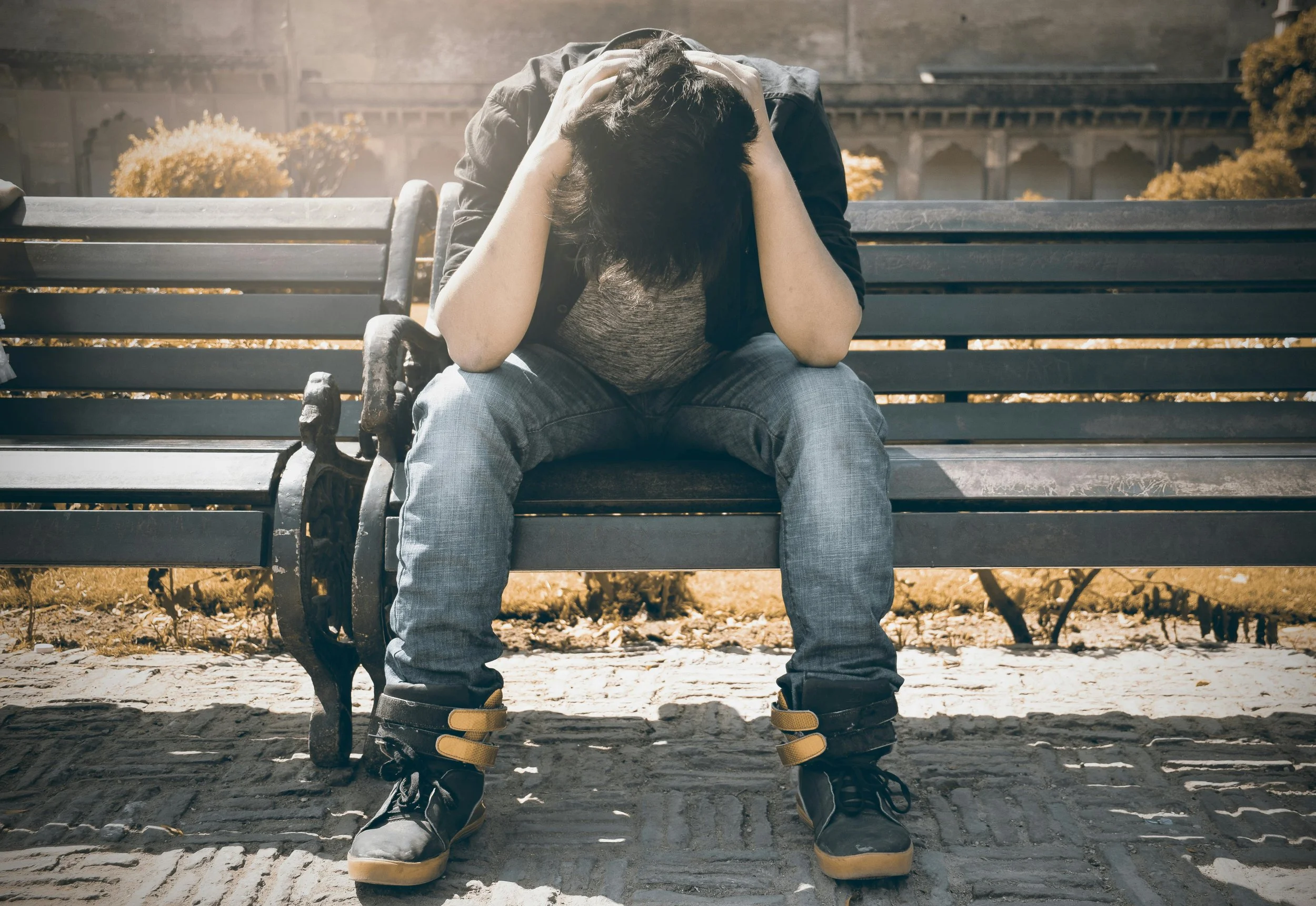A Look at the Impact of Personal Injury on Mental Health
23.1% of Americans suffer from some kind of mental illness, with young adults aged 18-25 most likely to have a mental illness. Over half of Americans will experience some kind of mental illness in their lifetime, and 8.4 million people are caring for someone with a mental illness.
Experiencing a personal injury can lead to a wide range of mental health effects. Whether the injury was sustained in an accident, due to medical malpractice, or through another cause, contacting a Fort Worth injury lawyer can provide much-needed support and legal guidance during this difficult time.
Coping with the physical limitations and uncertainties that often accompany personal injury can take a major toll on mental well-being. It's crucial to address both the physical and mental aspects of recovery to achieve a full recovery.
Psychological Distress and Trauma
Being injured in an accident or due to negligence can be an extremely traumatic event. The initial shock, pain, fear, and other intense emotions at the time of injury can lead to lasting psychological effects like post-traumatic stress disorder (PTSD), which affects 6% of the population at some point in their lives. Re-living the experience through flashbacks and nightmares is a common symptom. Even after physical recovery, the mental trauma of the event can persist.
PTSD and acute stress are not the only psychological concerns after injury. Depression, anxiety, panic attacks, and other issues often accompany the stress of dealing with recovery and changed capabilities. Depression is surprisingly common, affecting 21 million adults each year. The loss of independence and need to rely on others can also contribute to mental health decline.
Changed Self-Image and Confidence
In addition to trauma related to the accident or event itself, the physical effects of injury can take their own mental toll. Changes to appearance, mobility, abilities, and independence after an injury can severely damage self-image and self-confidence.
Coping with reduced capabilities, chronic pain and discomfort, and visible deformities or scarring often leads to negative self-talk and eroded self-worth. 17.1 million adults experience pain severe enough to limit their daily activities. Without proper support, these effects can spiral into severe and long-term mental health problems.
The Financial Toll of a Personal Injury
The financial costs associated with injury treatment and recovery are frequently overwhelming. Even with insurance coverage, out-of-pocket expenses can accumulate rapidly. If the injury reduces a person’s ability to work or prevents employment, income loss adds substantial stress.
Depletion of savings, ballooning debt, constant haggling with insurance providers, and loss of financial stability impact mental health in significant ways. Additionally, the inability to work or interrupted career progress due to injury can reduce fulfillment and self-esteem. If this applies to you, know that a personal injury lawyer can help you get compensation after a personal injury.
Isolation and Relationships
Severe injuries often require significant downtime, reduced social interaction, dependence on others for basic needs, and life changes that shift priorities away from relationships. Isolation takes its own mental toll. Pain and depression may reduce interest in socializing. Friends may drift away or be uncomfortable interacting with the injured person.
Relationship issues like emotional withdrawal, over-dependency, and frustration over lifestyle changes frequently arise. All of these effects compound the emotional strain of recovering from an injury.
Getting Support for Mental Health After a Personal Injury Accident
The wide-ranging mental strain caused by personal injury emphasizes the need for psychological support in addition to physical rehabilitative care. Through counseling and peer support groups tailored to injured individuals, many of the emotional issues can be effectively addressed or at least cope.
With compassion, time, and effort, injury does not have to mean indefinite mental health decline. However, psychological care should be considered a crucial component of recovering emotionally as well as physically from a traumatic personal injury.






